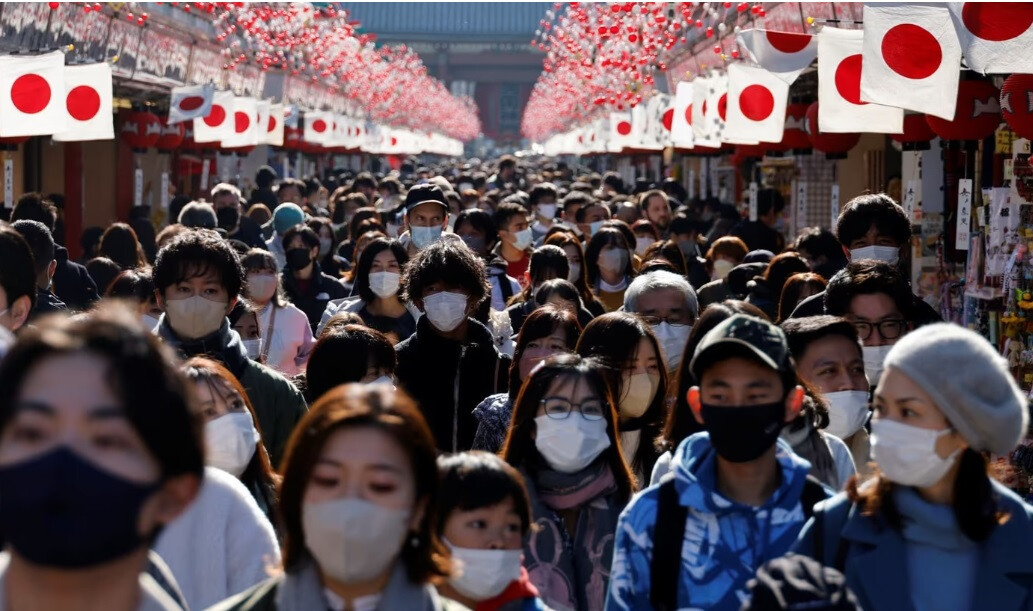
TOKYO/TAIPEI—Influenza is surging across East Asia, hitting popular tourist destinations Japan and Taiwan well ahead of the typical winter season, raising public health concerns and prompting authorities to urge increased vigilance and vaccination. This unusually early wave, already classified as an epidemic in Japan, has drawn attention, particularly following the major holiday period of Chuseok, which saw high numbers of international travelers.
Japan Enters Flu Season a Month Early
Japan’s Ministry of Health, Labour and Welfare (MHLW) announced on October 3 that the country had officially entered its influenza epidemic season, a start nearly a month earlier than usual. This is the second-earliest onset in the past 20 years, indicating an abnormal and potentially severe flu season.
The threshold for an epidemic is breached when the number of new influenza patients reported by designated sentinel medical institutions reaches an average of 1.0 per institution. For the week spanning September 22 to 28, the MHLW reported 4,030 influenza patients from approximately 3,000 institutions nationwide, yielding an average of 1.04 patients per institution.
The early surge is most pronounced in high-traffic regions. Tokyo has already reported 61 cluster infection cases, leading to the closure of 46 schools. This is a threefold increase compared to the same period last year. Under Japan's School Health Law, students diagnosed with influenza are recommended to be excluded from attending school for a minimum of six days following the onset of symptoms.
Authorities attribute the accelerated spread to several factors, including the prolonged high-temperature and high-humidity climate throughout the summer, extended periods spent in poorly ventilated indoor spaces, and the significant influx of tourists and attendees due to large-scale events, such as the upcoming Osaka-Kansai Expo.
Taiwan Reports Rising Cases, Accelerates Vaccination
The influenza situation is similarly escalating in Taiwan. The Taiwan Centers for Disease Control (CDC) warned in mid-September that the number of patients with influenza-like illness (ILI) was rapidly increasing and likely to cross the official epidemic threshold soon. For the week ending September 20, outpatient and emergency visits for ILI surpassed the threshold, signaling the start of the epidemic phase.
In response, Taiwan's government has intensified its vaccination efforts, launching its free public influenza and COVID-19 vaccination programs on October 1, earlier than in most prior years. This strategy aims to build widespread immunity before the peak winter season, which typically runs from December to March. The CDC is urging the public, especially vulnerable groups like the elderly and those with underlying health conditions, to receive their vaccinations promptly to prevent severe illness and mitigate the impact on healthcare systems.
Public Health Advisory for Travelers
The rapid, unseasonal spread of the virus in these major travel hubs presents a serious public health risk, particularly for recent international visitors. Following the high volume of travel during the Chuseok holiday, individuals returning from Japan and Taiwan are strongly advised to monitor for symptoms. Public health officials recommend travelers who develop fever, cough, sore throat, or other flu-like symptoms to seek medical attention immediately. Preventive measures such as frequent hand washing, wearing masks in crowded areas, and strict adherence to cough etiquette are critical to curbing further domestic transmission. Early vaccination is also being pushed as the most effective defense against the virus.
[Copyright (c) Global Economic Times. All Rights Reserved.]




























